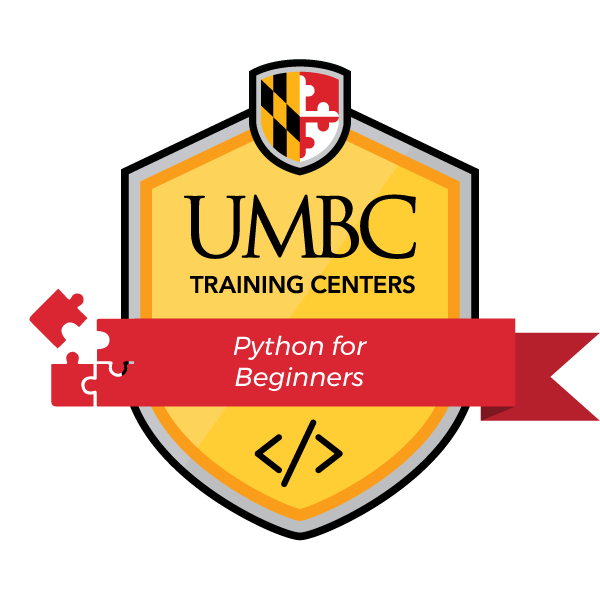What Is The Difference Between A Software Developer And A Software Engineer?
Whether you are trying to make a smart hire or you are trying to decide your personal software development career path, you should know the difference between a software developer and a software engineer. Most of the confusion between these titles is due to them being used interchangeably but they do represent two distinct roles.
Software Developers typically work alone or in very small groups to develop small-scale, client-specific projects. An example project would be creating a website or mobile app for a client.
Software Engineers typically work on teams dedicated to designing, developing and testing systems that solve large scale issues. An example project would be creating the software used in electronic arrival and departure signs in subway stations.
Software Developer Skills
As mentioned previously, these two titles are often used interchangeably so, while you may see someone has a work history filled with software developer titles, you should still verify that their skills align to that of a software developer vs. a software engineer. A successful software developer showcases these core skills:
- Self-starter – Since software developers typically work alone, being a self-starter is critical to completing quality work on time.
- Active listening – Again, since much of the work is completed solo, the software developer is typically the only one gathering the requirements which can lead to a lot of vagueness. If a software developer does not have the right interpretation then he/she risks delivering the wrong solution and not meeting the client’s expectations. This is where active listening is extremely valuable, as it helps a developer uncover these potential pitfalls in advance and seek further clarification and then validation of his/her understanding.
- Flexible – Software developers work on projects that usually have aesthetic elements and/or are heavily used by clients, both of these pieces lead to a lot of client opinions and rightfully so. As such, software developers need to be respectful and flexible of these changes in order to deliver an exceptional product. A great software developer never tries to box a client into his/her way of thinking but rather tries to put themselves into the client’s shoes.
- Creative – As mentioned above, software developers incorporate a number of aesthetic elements into their work which requires a certain level of creativity. Additionally, software developers are usually tasked with making the user experience better and since they are operating in a lower risk and flexible environment, experimental design and development is usually encouraged!

Interested in Software Development?
Gain the skills you need to get started in this lucrative field with our Python for Beginners course.
Software Engineer Skills
On the contrary, folks that are specialized as software developers tend to showcase these skills:
- Team Player – A great software engineer needs to work well with others since their success is directly reliant on the success of the entire team.
- Big Picture Thinkers – Since software engineers are typically working on large-scale projects they need to be extra cautious of how their work affects related systems. Additionally, many software engineers work on projects that can have critical safety concerns (nuclear power plants, space, etc.), which also require extensive critical thinking. All in all software engineers need to be able to take their time and understand the big picture before making any decisions.
- Practical – Software engineers working on large-scale systems need to deliver practical and methodical solutions. This is not the time to experiment with creative or trendy approaches.
Skills All Software Developers and Engineers Need
While there are some key differences between these two roles, there are still many similarities that are needed for someone to be a great fit in this field:
- Analytical – Whether you are a software developer or engineer, your primary responsibility is to solve problems. As such, you need to have an analytical mind that can breakdown the problems your customers face and ultimately find and develop the right solution for them.
- Detail-Oriented – Designing and programming systems of any type is not for the faint of heart. You need to be very detail-oriented in all of your work because one wrong keystroke can completely break a system and it will be up to you to find it.
- Organized – The best software developers and engineers need to be highly attentive to their work and they also need to tackle their work in an organized manner. Properly planning and tracking projects in a logical manner, allows you to tackle problems that may arise faster than if you have to search through a mess of code. Additionally, if you need to hire on additional programmers to help, an organized and well-documented code base will only help them get up to speed faster.
Do I Have To Choose Between Being A Software Developer Or A Software Engineer?
Absolutely not! You can change from software development work to software engineering work at any point in your career.
In fact, 49% of folks in an Indeed study reported they made a dramatic career change at some point in their careers. Just keep in mind the experience you have may not align with a completely lateral move. You may find that you need to take a small pay cut or take a step back in responsibilities to make the switch successfully.
Are You Ready To Make The Switch To Software Development?

Join us for a free information session on our Career Transition Programs!
Held bi-weekly, our team will present an overview of our various career change programs: the Certificate in Cyber Foundations, Project Management Fundamentals, and Python for Beginners.
